|
Zambia’s first multiparty elections in 1991 were largely peaceful, while Kenya’s in the following year were marred by large-scale state-instigated electoral violence. Why are some countries prone to experiencing electoral violence, while others remain peaceful during their polls? Johan Brosché, Hanne Fjelde and Kristine Höglund explain how history plays a role.
|
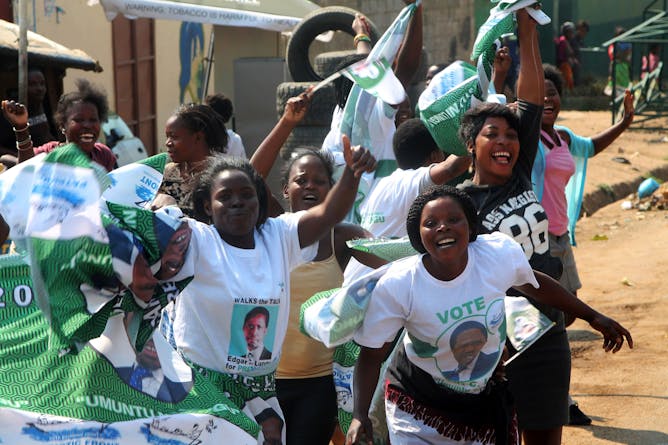
Supporters of Zambia’s president-elect Edgar Lungu in 2016. The country is known for peaceful polls, but this one was marked by clashes.
Dawood Salim/AFP via Getty Images
Johan Brosché, Uppsala University; Hanne Fjelde, Uppsala University; Kristine Höglund, Uppsala University
Political legacies generated during authoritarian rule have a tendency to transcend into the multiparty era.
|
Politics
|
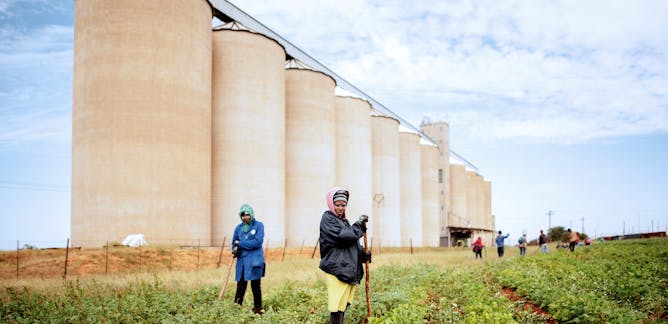
Theunis Roux, UNSW
The proposed amendment to the constitution represents a critical juncture in South African constitutional politics.
| |
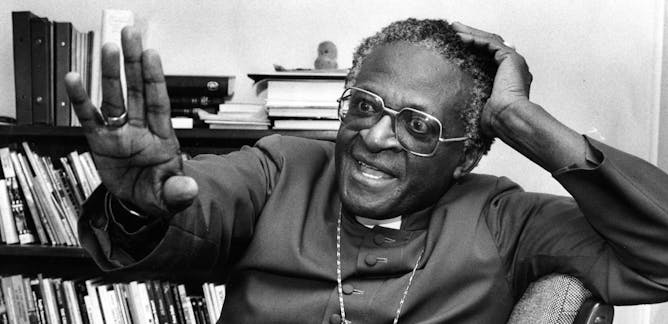
Adriaan van Klinken, University of Leeds
Desmond Tutu is by far the most high-profile African, if not global, religious leader to support lesbian and gay rights, and he has done so since the 1970s.
|
|
|
Health + Medicine
|

Sunday Olakunle Idowu, University of Ibadan
There are cost-effective solutions to the problem of sub-standard drugs in Nigeria and other low-income countries.
| |

Faridah Hussein Were, University of Nairobi
Unregulated and hazardous lead acid battery manufacturing and recycling plants are often adjacent to residential areas, agricultural and grazing lands.
|
|
|
From our international editions
|
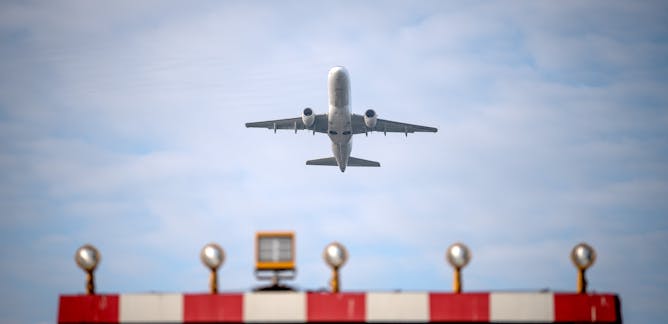
Susanne Becken, Griffith University
We analysed what the world's top 58 airlines – such as American Airlines, British Airways and Qantas – are doing about climate change. Even the best airlines are not doing anywhere near enough.
| |

Chusu He, Coventry University
Thousands of Chinese producers are at risk of going bust as a result of the outbreak.
|
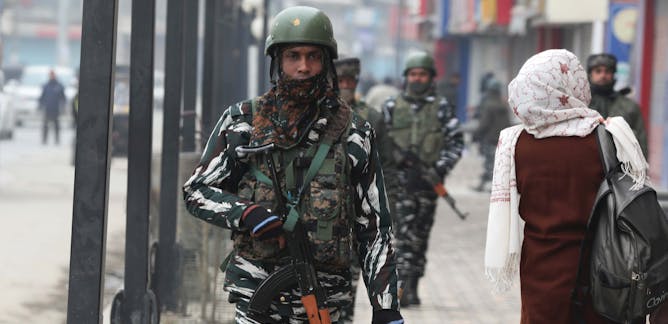
Saloni Kapur, Lancaster University
India has rejected recent offers on mediation over Jammu and Kashmir. But it should think again.
| |

Lisa Fazio, Vanderbilt University
Images without context or presented with text that misrepresents what they show can be a powerful tool of misinformation, especially since photos make statements seem more believable.
|
|
|
En español
|
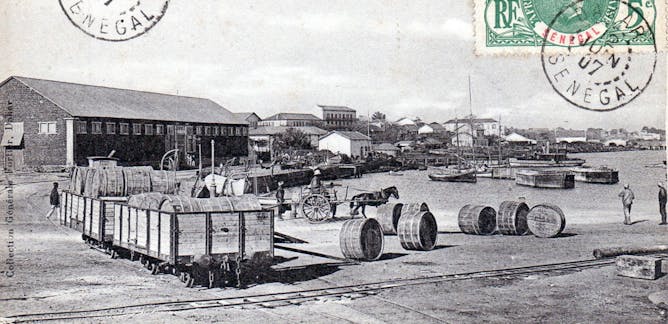
Daniel Castillo Hidalgo, Universidad De Las Palmas de Gran Canaria
La configuración militar de Senegal y la importancia del puerto de Dakar dieron lugar a numerosas operaciones de manipulación de carga. Los estibadores desempeñaron un papel central en este proceso.
| |
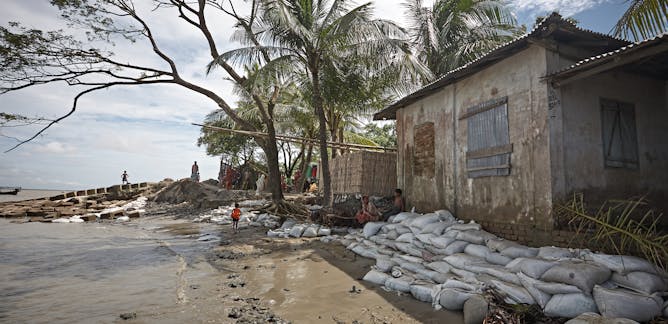
Natalia Ochoa Ruiz, Universidad Camilo José Cela
La decisión de devolver a sus países de origen a los refugiados y desplazados por causas climáticas o por desastres naturales vulnera el derecho a la vida, según la ONU.
|
|
|